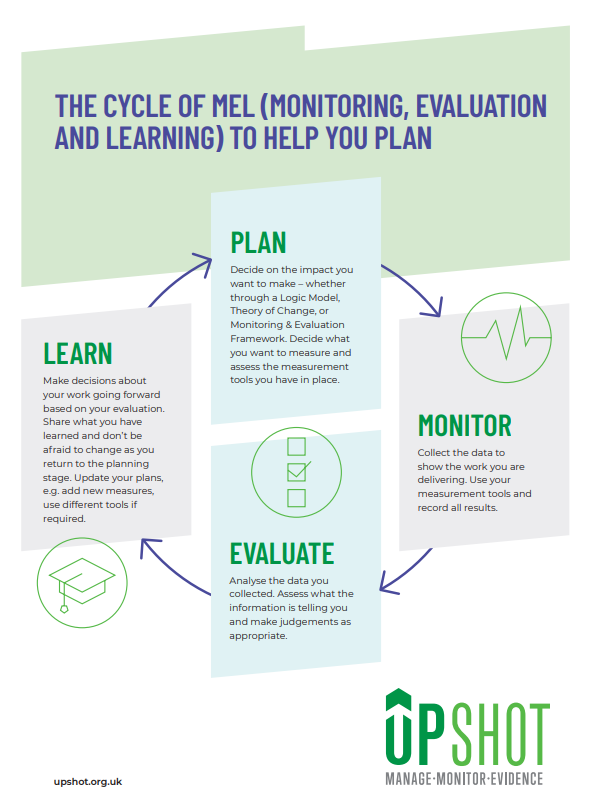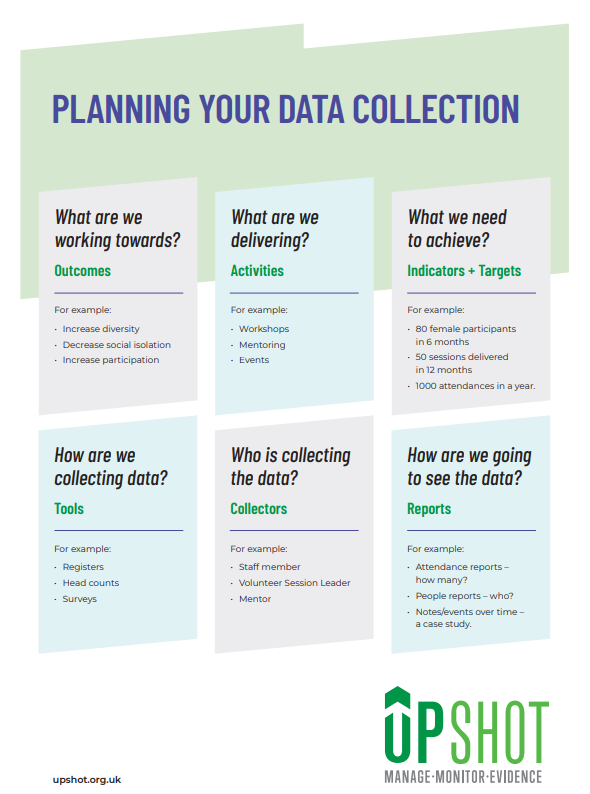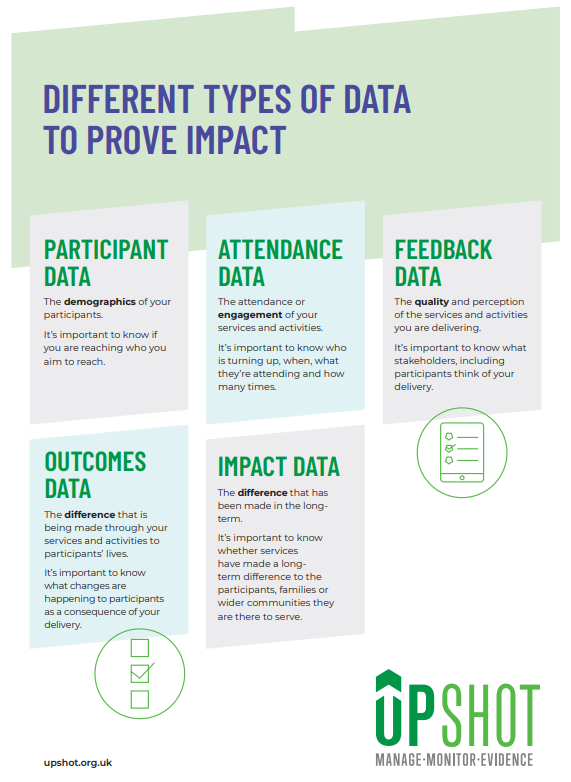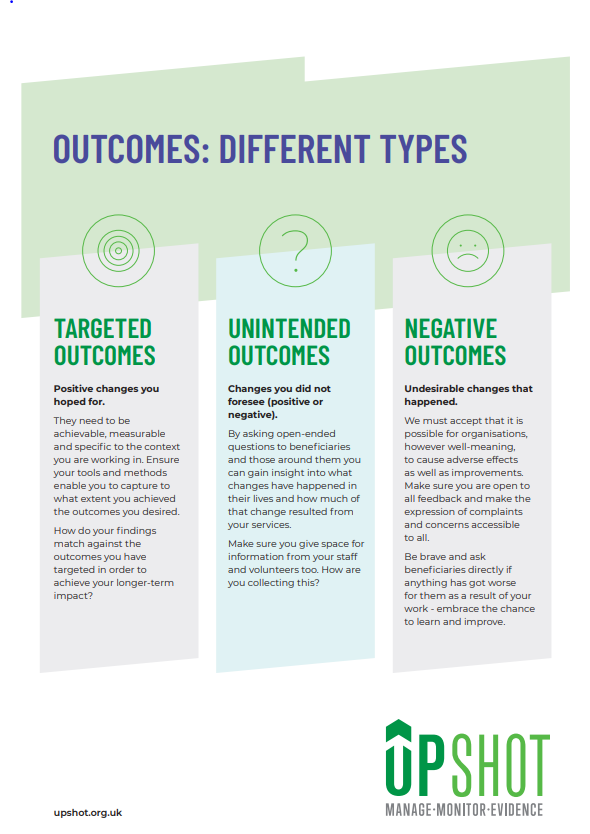
What Goes Around Comes Around
The Cycle of MEL
MEL works as a continuous cycle; the learning stage fuels the better planning for the next cycle of activity.
This is why effective MEL in practice is so powerful; once embedded it can provide endless benefit to your organisation…





